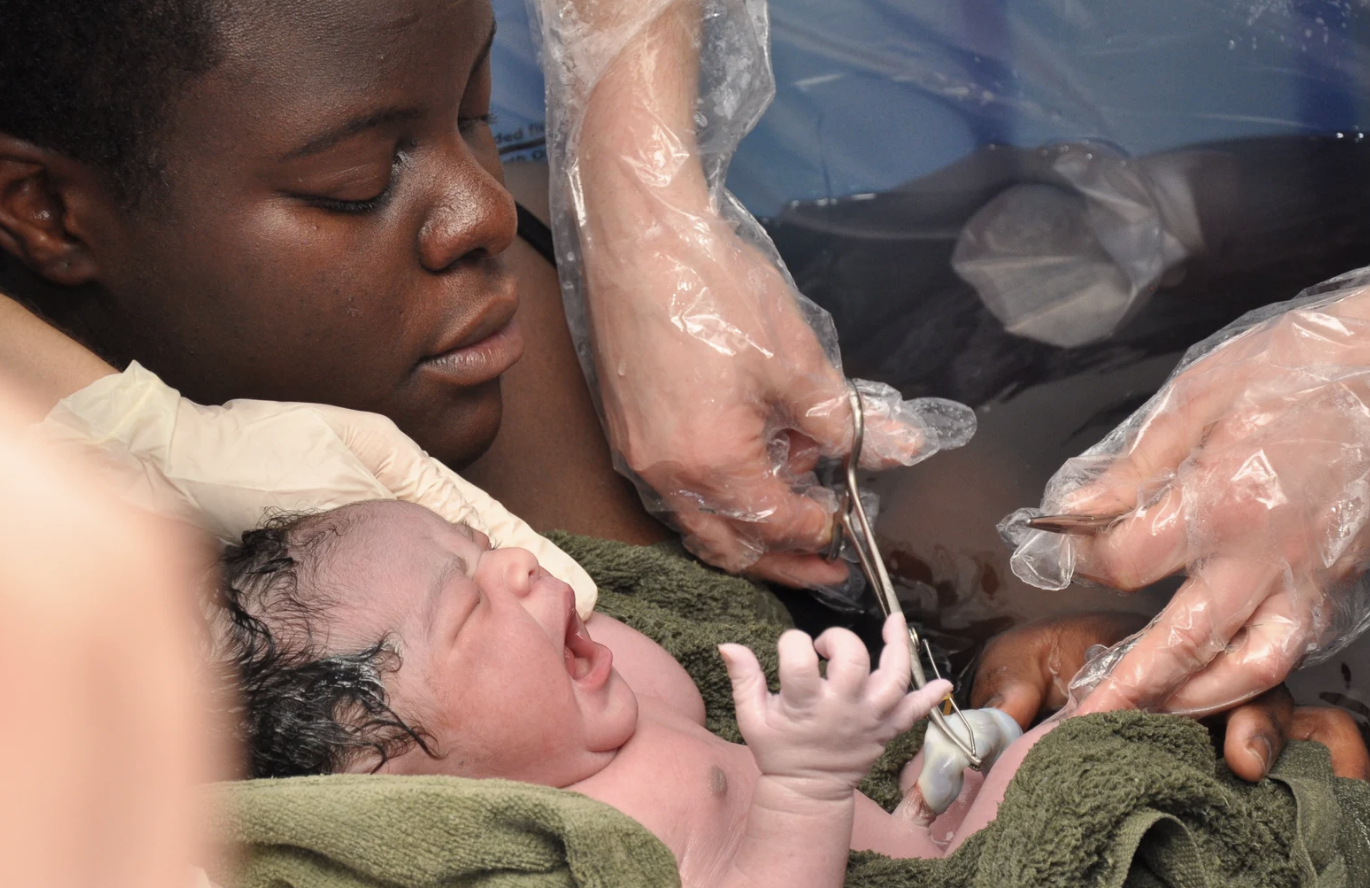Becoming a mother is a life-changing experience filled with joy, excitement, and a fair share of challenges. Amidst the whirlwind of emotions and responsibilities, it’s crucial to pay attention to your mental health. Postpartum depression (PPD) affects many new mothers, and understanding it is the first step towards getting the help you might need. One valuable tool for this is the Edinburgh Postnatal Depression Scale (EPDS). What is the EPDS? Why is it important? How can it help new moms navigate the postpartum period?

What is the Edinburgh Postnatal Depression Scale?
The Edinburgh Postnatal Depression Scale (EPDS) is a standardized screening tool used worldwide to identify mothers experiencing postnatal depression, also known as postpartum depression or perinatal mood disorder. Developed in 1987 by Scottish health professionals, it consists of 10 simple questions that explore various emotional and psychological states a mother might experience in the weeks following childbirth. You may be asked to complete this scale during your postpartum hospital stay or at your baby’s pediatrician’s office.
How Does the EPDS Work?
The EPDS is designed to be straightforward and easy to complete. Each question addresses a common symptom of postpartum depression, such as sadness, anxiety, guilt, and sleep disturbances. Here’s a brief overview of how the process works:
- Answering the Questions: You’ll respond to each of the 10 questions based on how you’ve felt in the past seven days. For example, questions might include:
- “I have been able to laugh and see the funny side of things.”
- “I have felt sad or miserable.”
- Scoring the Responses: Each response is scored from 0 to 3, depending on the severity of the symptom. The total score can range from 0 to 30.
- Interpreting the Score: A higher total score indicates a higher likelihood of postnatal depression. Typically, a score of 10 or above suggests the need for further evaluation by a healthcare professional.
Why is the EPDS Important?
The EPDS is a critical tool for several reasons:
- Early Detection: Early identification of postpartum depression can lead to timely intervention, which is crucial for the well-being of both the mother and the baby. By catching symptoms early, you can seek help before they escalate.
- Non-Judgmental Assessment: The EPDS provides a safe and structured way for mothers to express their feelings without fear of judgment. It helps normalize the conversation around postpartum depression, making it easier to discuss mental health openly.
- Guiding Healthcare Providers: Healthcare professionals use the EPDS to better understand your mental health and to tailor their support accordingly. It helps them decide if further assessment or treatment is needed, ensuring you receive the appropriate care.
What Should You Do If You Score High on the EPDS?
If your EPDS score indicates a potential issue, it’s important not to panic. Here are some steps you can take:
- Talk to Your Healthcare Provider: Share your EPDS results with your doctor, midwife, or health visitor. They can provide a more in-depth evaluation and recommend the best course of action.
- Seek Support: Reach out to family and friends for emotional support. Sometimes, just talking about your feelings can make a significant difference.
- Consider Professional Help: Counseling or therapy can be incredibly beneficial. Cognitive-behavioral therapy (CBT) and other forms of counseling have proven effective in treating postnatal depression.
- Join a Support Group: Connecting with other new mothers who are experiencing similar challenges can provide comfort and practical advice.
The Edinburgh Postnatal Depression Scale is a valuable resource for new mothers, helping to identify postpartum depression early and facilitating the path to recovery. Remember, experiencing postpartum depression is not a sign of weakness or failure—it’s a common and treatable condition. By using tools like the EPDS and seeking the right support, you can ensure the best possible start for you and your baby. If you’re feeling overwhelmed, know that help is available, and taking the first step towards it is a sign of strength and love for yourself and your child.

